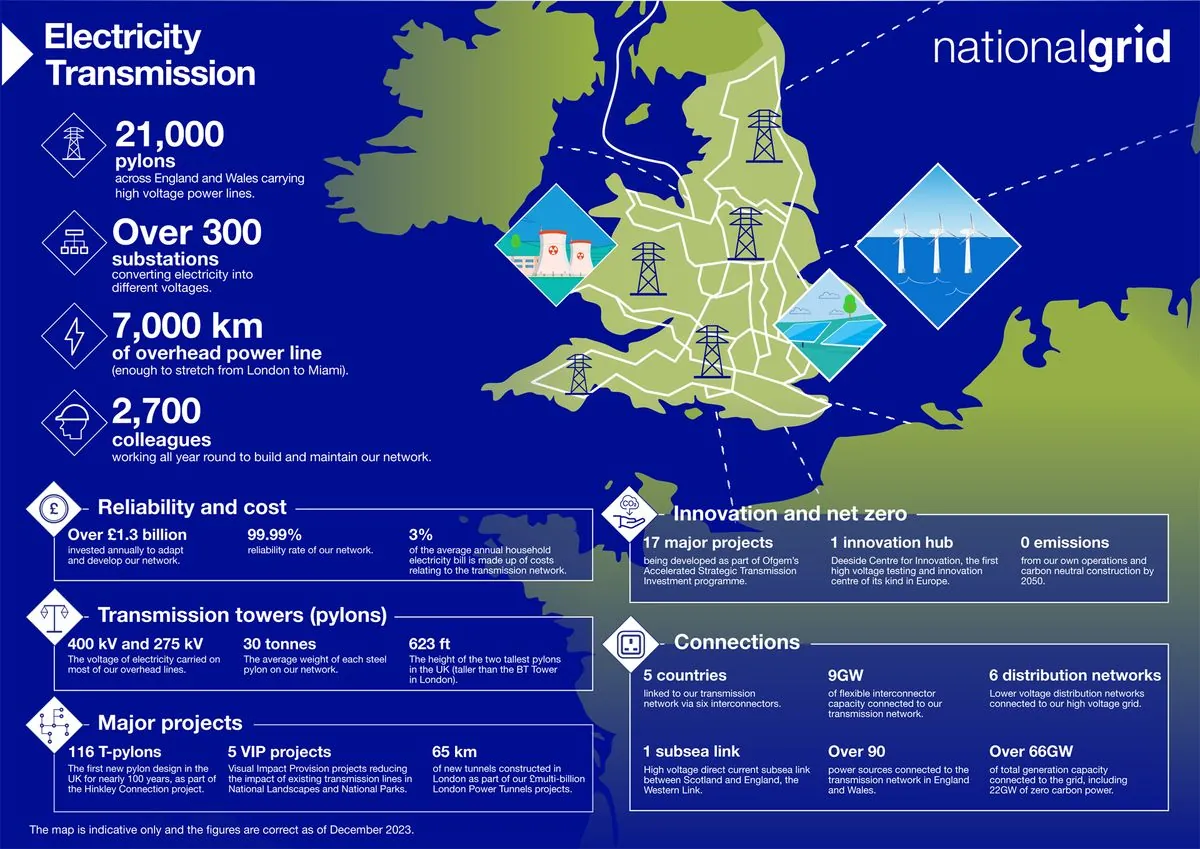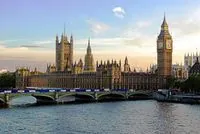EDF Warns: UK's Rapid Decarbonization May Threaten Grid Stability
EDF executive cautions against UK's ambitious 2030 decarbonization target, citing potential grid instability. Energy security concerns rise as the nation transitions to renewable sources amidst rising costs.

Ed Miliband's energy policies have come under scrutiny, with concerns raised about prioritizing ideology over practicality. Rachael Glaving of EDF, a prominent figure in the energy sector, has expressed apprehension that Miliband's approach could "destabilise the grid," particularly as winter approaches.
The UK's ambitious target to decarbonize its power system by 2030 has been described as potentially problematic. This goal, set against the backdrop of global climate action, raises questions about energy security and reliability. While the UK pushes for rapid transition, countries like China continue to rely heavily on fossil fuels, highlighting the challenges of uneven global progress in emissions reduction.
Glaving warns that the UK's focus on wind and solar power at the expense of "stable" generation sources like fossil fuels and nuclear could lead to power shortages. This concern is particularly relevant given that wind power provided 24% of UK electricity in 2020, while solar accounted for 4.5%. The intermittent nature of these renewable sources poses challenges for consistent energy supply.
The context of these warnings is significant. The UK is set to lose a substantial portion of its nuclear output, with nuclear power having provided about 16% of UK electricity in 2020. Additionally, the nation's last coal-fired power station is scheduled to close by 2024, marking the end of an era in British energy production.

The newly established National Energy System Operator (NESO) faces the daunting task of managing this transition. NESO's head, Fintan Slye, acknowledges that the 2030 target is "at the outer limit of what's achievable." This admission underscores the magnitude of the challenge ahead.
It's worth noting that the UK has made significant strides in renewable energy, with 43% of its electricity coming from renewable sources in 2020. The nation also boasts the world's largest offshore wind capacity, with plans to reach 40GW by 2030. However, these achievements must be balanced against the need for a reliable and secure energy supply.
The UK's energy landscape has undergone significant changes since the opening of its first nuclear power station in 1956. The country has been a net importer of energy since 2004, adding another layer of complexity to its energy security considerations. The government's Energy Act 2013 guides current policy, including the introduction of a price cap on energy bills in 2019 to protect consumers.
As the UK progresses towards its net zero emissions target by 2050, it must navigate the delicate balance between environmental goals and practical necessities. The ban on new petrol and diesel car sales by 2030 is just one example of the far-reaching changes in store.
While the desire for a decarbonized power system is commendable, it must be achieved without compromising reliability, security, and affordability. The specter of the early 1970s blackouts serves as a reminder of the importance of a stable energy supply. As the nation awaits Ed Miliband's response to these concerns, the path forward will require careful consideration of both environmental imperatives and practical realities.
"Miliband's policies will destabilise the grid"


































